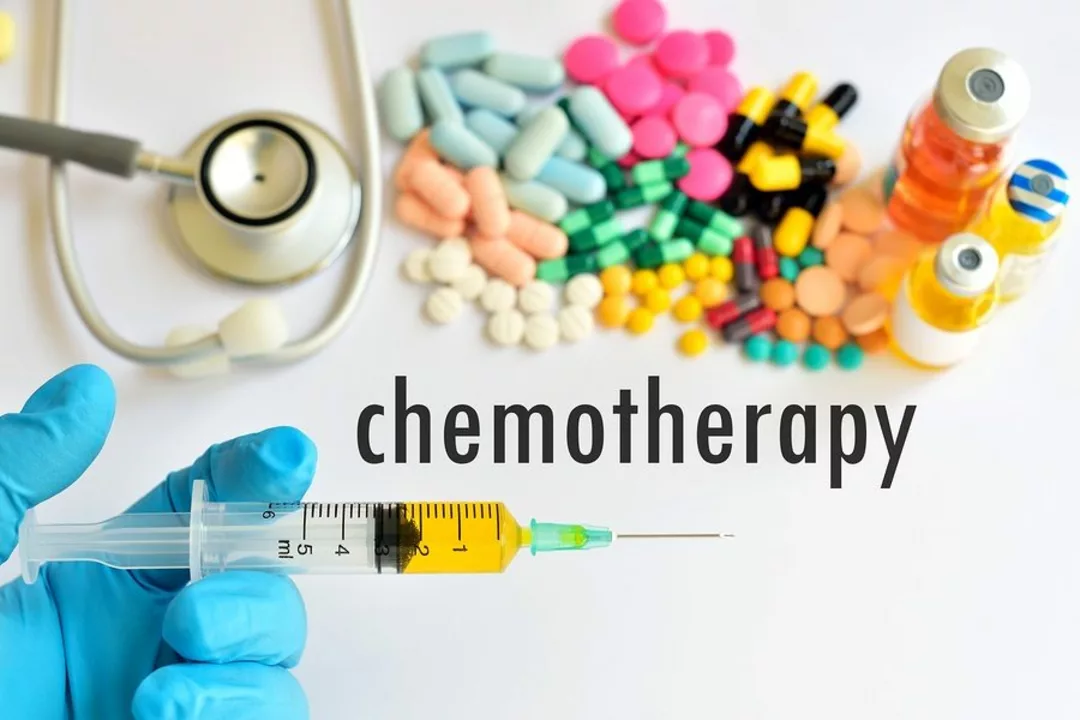Chemotherapy agents — what they are and what to expect
Chemotherapy agents are drugs doctors use to kill or slow the growth of cancer cells. They’re not one single medicine but a whole group of medicines with different names and jobs. If you or a loved one faces chemo, it helps to know the basic types, how they work, and realistic ways to handle side effects.
Chemotherapy can be given alone, combined with other cancer treatments (like surgery or radiation), or mixed with other chemo drugs. Only an oncologist prescribes which agents to use, based on the cancer type, stage, and your overall health.
Common types and examples
Here are the major classes you’ll hear about and a few common drugs in each group:
- Alkylating agents: cyclophosphamide, ifosfamide, busulfan. They damage DNA so cancer cells can’t divide.
- Antimetabolites: methotrexate, 5-fluorouracil (5-FU), pemetrexed. These block cancer cells’ ability to make the building blocks of DNA and RNA.
- Antitumor antibiotics: doxorubicin, bleomycin. Despite the name, these aren’t for infections — they interfere with DNA and cell replication.
- Plant alkaloids and taxanes: paclitaxel, vincristine. These stop cell division by targeting the cell’s internal scaffolding.
- Platinum agents: cisplatin, carboplatin. They form crosslinks in DNA, preventing repair and replication.
What to expect and simple ways to cope
Chemo affects fast-growing cells, so side effects include fatigue, nausea, hair loss, low blood counts, and mouth sores. Side effects vary with the drug, dose, and schedule. Here are practical tips that patients find useful:
- Talk to your care team before treatment. Ask which side effects are most likely and which can be prevented or treated.
- Manage nausea proactively. Many clinics offer anti-nausea meds that work well when taken on schedule.
- Protect your immune system. Avoid crowds when your white blood cell count is low, wash hands often, and report fevers right away.
- Stay hydrated and eat small, frequent meals. Some foods are easier to tolerate when taste changes or nausea appear.
- Ask about growth factors or transfusions if low blood counts become a problem. These help prevent complications and keep you on schedule.
- Use gentle oral care: a soft toothbrush, alcohol-free mouthwash, and regular dental check-ins when advised.
Always tell your doctor about other medicines, supplements, or herbal remedies you take. Some interact with chemo and change how well it works or increase side effects.
Chemotherapy agents are powerful tools against cancer, and modern oncology teams focus on making treatment as effective—and as tolerable—as possible. If something feels off during treatment, call your care team. Quick action often makes a big difference in comfort and safety.

Melphalan in Combination with Other Chemotherapy Agents: A Review of Clinical Trials
May 8 2023 / OncologyI recently came across several clinical trials that explored the use of Melphalan in combination with other chemotherapy agents. From what I gathered, this combination therapy has shown promising results in the treatment of various cancers, including multiple myeloma and ovarian cancer. The trials demonstrated that combining Melphalan with other agents could potentially improve treatment efficacy and overall patient outcomes. Additionally, these studies also highlighted the need for further research and optimization of treatment protocols. Overall, these findings shed light on the potential benefits of using Melphalan in combination therapy, and I'm excited to see how this area of research continues to develop.
VIEW MORE